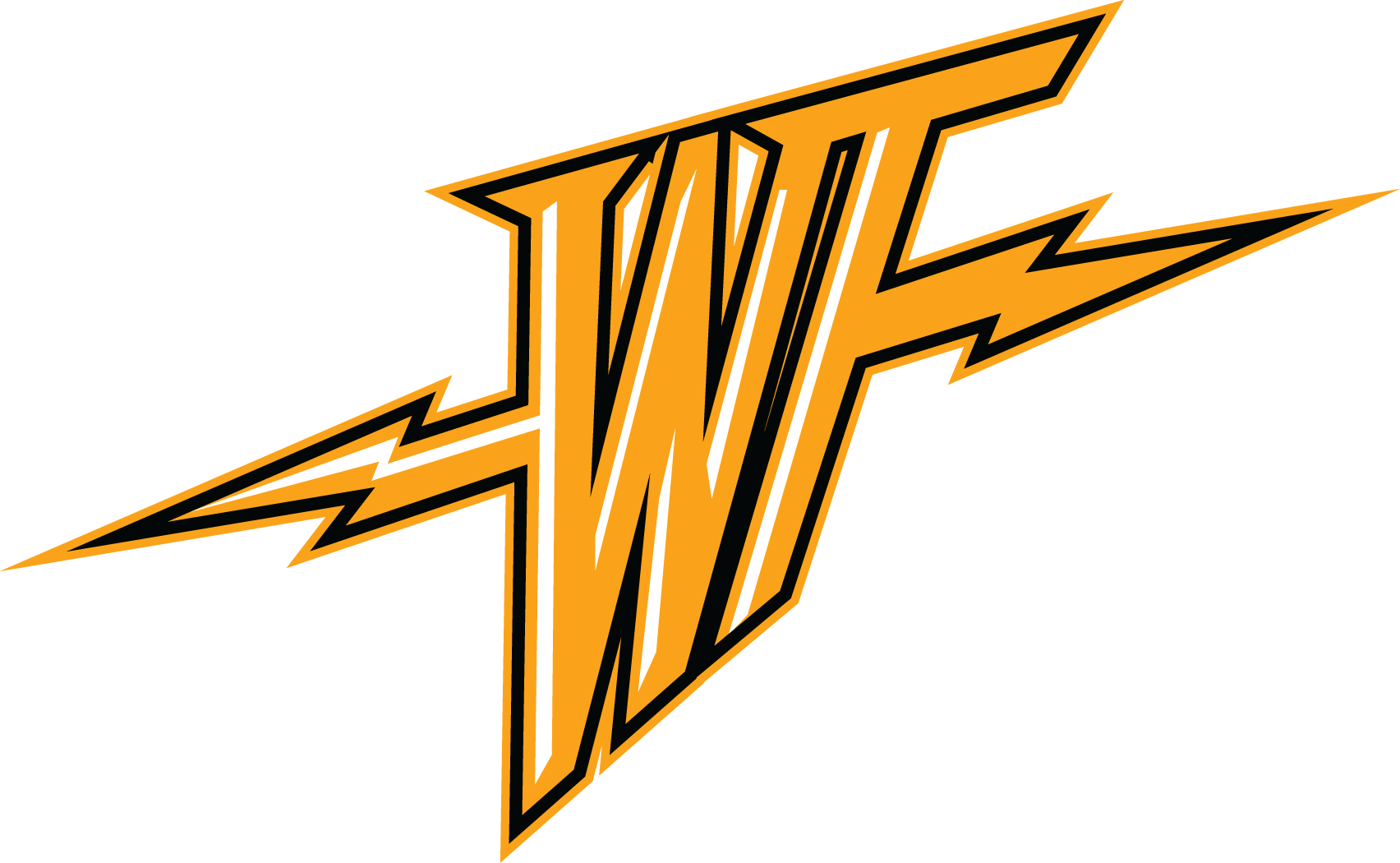How Social Media is Affecting Professional Athletes and Mental Health
Prior to his 41 point outburst versus the Houston Rockets on Nov. 20, Warriors guard Klay Thompson had a rough start to start the 2022-23 NBA season.
Thompson’s shot selection was a bit off — taking shots early that killed any momentum of a potential swing in the game and was just not himself.
It was frustrating for not only himself, but also the fans.
Part of being a professional athlete also means you’re in the spotlight 24/7, and for Thompson, and more specifically the Golden State Warriors, anything the team or player does is under a microscope. Thompson’s cold shooting to start the season rattled fans and many wondered if his performance was starting to deteriorate based on age and his injuries. The small faction of bandwagons called Thompson to be traded and were ruthless in their criticism.
“I learned that if you lurk, you’re going to get hurt,” Thompson said. “The internet is so big and you can find whatever you’re looking for. It’s positivity, negativity.”
With players and fans alike being plugged into social media, it’s easy to get lost in the criticism.
“I wasn’t my best a couple of weeks ago, and there’s probably a lot of opinions on that,” Thompson said. “We’re all human, so it never feels great to read negative things about yourself. I try to fill up my time with books and things that are way more beneficial to my mental health.”
One of the Warriors young players and perhaps the one that gets the most criticism from the fanbase is none other than Warriors center James Wiseman.
Wiseman was called to the G League mid-November after having fallen out of the rotation completely despite being a big piece of the organization’s Two-Timeline plan. Many thought Wiseman would see a significant jump in production and live up to the hype he received as the No. 2 overall pick — but instead — was deemed not ready for the big leagues.
As a result, Wiseman took the G League assignment like a professional and was locked in.
“I haven’t been on social media in two months,” Wiseman said. “I’ve been reading, meditating and playing 2k.”
Because of the Warriors championship aspirations, many fans are eager to point out any mistake Wiseman made. And while Wiseman has been growing in the G League, many still taunt the youngster and make jokes like these.
Every now and then however, you’d have an athlete clap back at a fan.
In the case of Warriors guard Jordan Poole, he allegedly decided to take the time and respond to this heckler on Instagram after the Warriors loss to the Utah Jazz in Dec. 7.
For these athletes in the modern era, It’s almost impossible to stay off the grid. Despite some athletes not having a big presence on social media, they might still need to use one in order to get sponsorships and ad sales.
Because of the pressures surrounding these professionals day in and day out, the constant attention from the media does affect their play, according to Digital Media Treatment.
But, if players are able to tune out the noise and continue to take care of business, they’ll thrive.
The aforementioned Poole is a solid example. Poole came into the league as the No. 28 pick and was one of the worst players in his rookie class in terms of efficiency.
But, Poole tuned out the noise and continued to work. He even deactivated his social media for a while back in 2021, according to NBC Sports Bay Area.
“I just get to focus on the now. I get to focus on the today, focus on what’s in front of me,” Poole said. “I don’t need to focus on what’s going on tomorrow or the day after that.”
In the age of constant criticism and being put on the spotlight, athletes have to show their mental strength in a whole other avenue. Besides the regular on-the-court trash talking, the way modern athletes tune out the noise while being tempted by the addiction of social media is another battle in itself.
(Photo credit: Jeff Chiu/AP)
